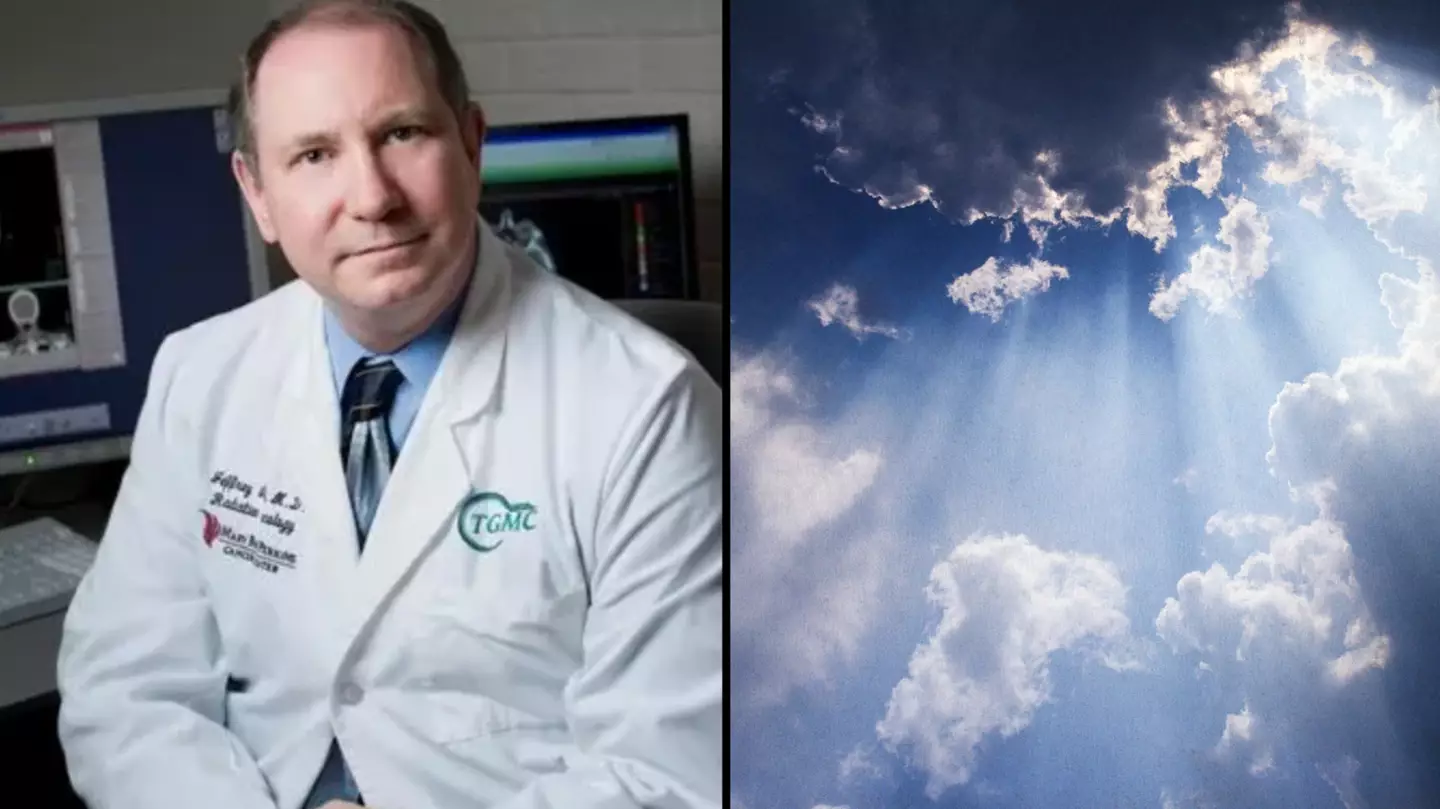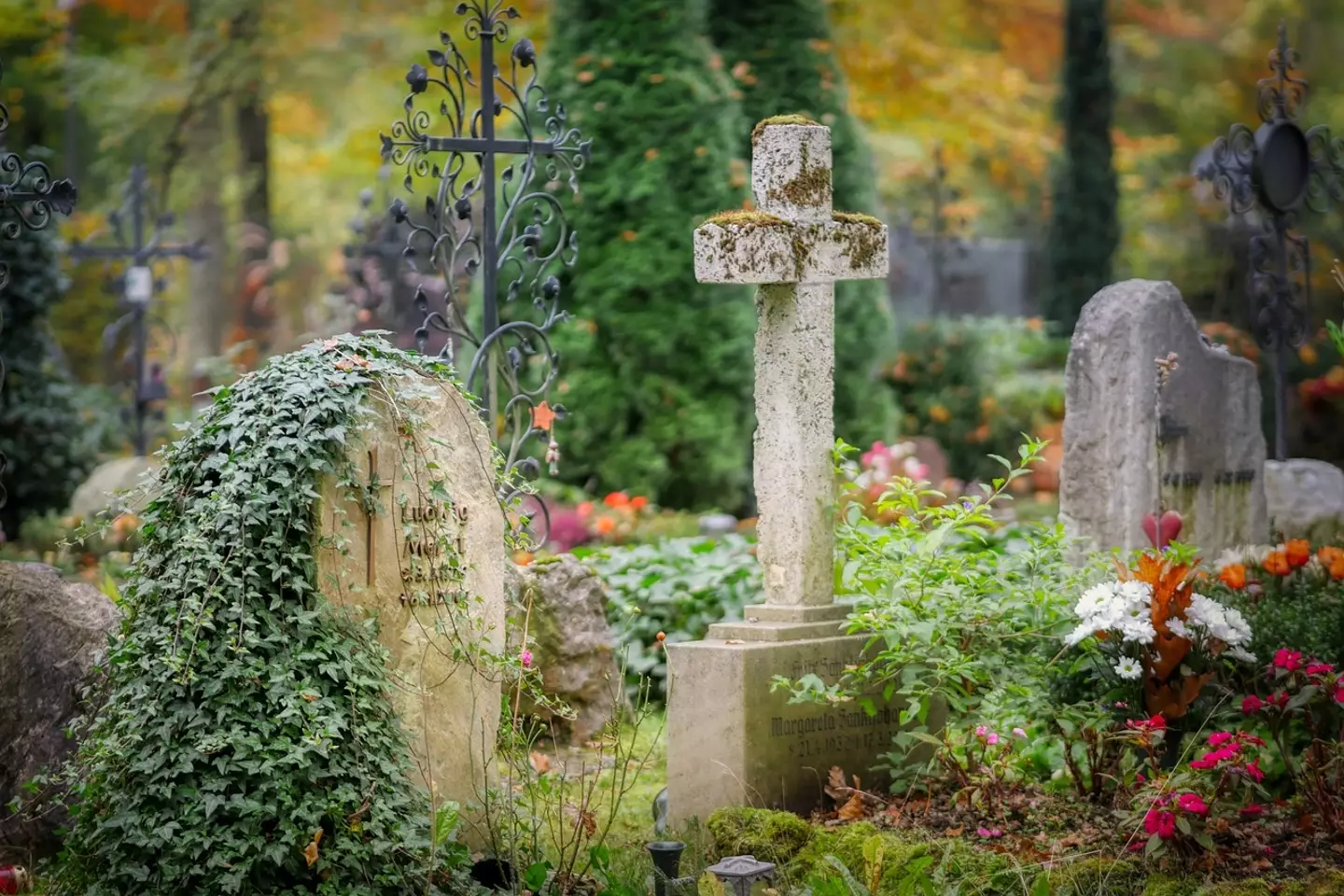
A doctor who has studied more than 5,000 near-death experiences throughout his career now believes there is 'without a doubt' life after death.
It's the age-old question: 'where do we go when we die?'
Some people believe we head off to a place more beautiful than we could ever imagine, while others, slightly more discouragingly, think we just become worm food.
Advert

Everyone has their own reasons for believing what they believe, and for radiation oncologist Jeffrey Long, it's his work that's convinced him that life doesn't end when our hearts stop beating.
The doctor has studied thousands of patients who have experienced near-death experiences, which he describes as being 'someone who is either comatose or clinically dead, without a heartbeat, having a lucid experience where they see, hear, feel emotions, and interact with other beings'.
"Learning more about these experiences has fundamentally changed my view of the universe," Long wrote in an essay for Insider.
After hearing about the kinds of experiences patients had, the doctor is now staunch in the belief that 'there's certainly an afterlife'.
Long explained that no two experiences are the same, but he saw a 'consistent pattern of events' in his research, with about 45 percent of people reporting an out-of-body experience.
"When this happens, their consciousness separates from their physical body, usually hovering above the body. The person can see and hear what's happening around them, which usually includes frantic attempts to revive them," he explained.
Advert
Long went on to say that patients then report being 'transported into another realm'.
"Many pass through a tunnel and experience a bright light. Then, they're greeted by deceased loved ones, including pets, who are in the prime of their lives," he said.

"Most people report an overwhelming sense of love and peace. They feel like this other realm is their real home," Long continued.
Despite his efforts, Long has been unable to find explanations for these experiences.
Advert
He noted that even children younger than five reported similar sights, despite the fact they probably wouldn't have been exposed to stereotypes of 'bright lights' or seeing loved ones.
Long concluded: "I'm a medical doctor. I've read brain research and considered every possible explanation for [near-death experiences]. The bottom line is that none of them hold water. There isn't even a remotely plausible physical explanation for this phenomenon."
Knowing that, Long said he 'firmly believes' that when his patients pass on, they will be 'at peace'.
Topics: Health, Conspiracy Theory